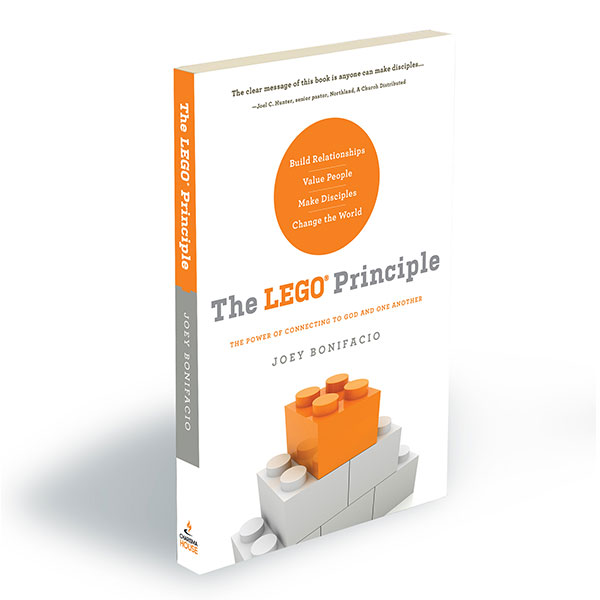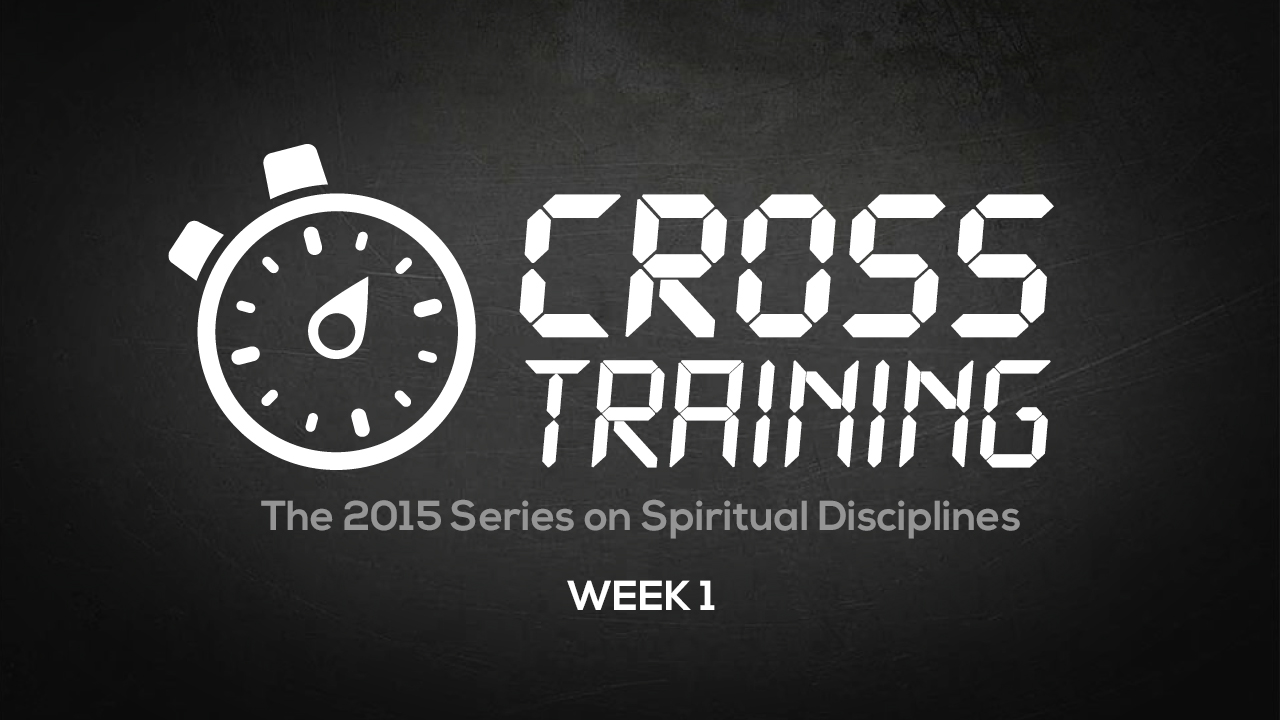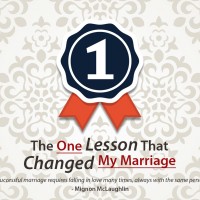Perfect parenting does not mean perfect children - Part 1

Whether you are parenting a toddler, a teenager or an adult we can be consumed with the idea of being perfect parents. I know I was. On the one extreme there are “care-less” parents but we can be just as "off" obsessing with becoming model Moms and Dads.
Our motives while admirable, in wanting to have “perfect children” is at best unrealistic. God is the only perfect parent there is. And yet while He has one perfect Son in Jesus all His other children are imperfect.
From that we can conclude that being a perfect parent does not result in perfect children. And if living in perfection is not the goal of parenting then the question is – what is?
A Perfect Father with Imperfect Children
In the Parable of the Prodigal Son the father in the story is God. And as we can see he had two imperfect sons but the parable highlights some important lessons on parenting.
Let’s look at the younger son first.
The Bible tells us that the younger son selfishly demanded his inheritance, distanced himself from his father and squandered it all on wild living (Luke 15:12-13). You could say he was the wild one.
Pressure from the World
Sometimes as parents we are obsessed with being perfect because of pressure from family and friends who say, “I thought your kids are Christians, why do they behave this way.” Don’t fall for their accusing words. God Himself did not have perfect children.
As a pastor my sons were constantly under pressure with words like, “don’t you realize your father is a pastor.” Thankfully, Marie and I had an early revelation that parenting is never about our performance as parents, nor our children’s.
So what is the right balance? Does that mean we can become irresponsible parents with lowered standards? Or should we aim for perfection?
The answer can be learned from the father in the story.
Lessons from the Prodigal Father
The Father did not expect perfection from His children He was after a relationship. The Bible writes that “while he was still a long way off, his father saw him and was filled with compassion for him; he ran to his son, threw his arms around him and kissed him (v.20)
Let’s look closely at the father’s attitude toward his reprobate son. No doubt this child has brought him much shame. Yet the father was more concerned about his son than what people thought about his perfection.
First it says, “…while he was still a long way off, his father saw him.” The only way the father could see his son from a distance was because he never stopped looking out for him despite everything he has done. As parents we need to see beyond our children’s imperfections.
You may be asking, but what about discipline. Discipline is a valid concern but will necessitate a separate post. We must realize that this story is about adult children.
Secondly, the father was filled with compassion. This was not an afterthought but his default mode. I will “suffer with” my son even if it is embarrassing. That’s what compassion is, “com” (to be with) “passion” (to suffer).
In a Hurry and Shameless
Thirdly, he ran. He did not walk. He did not phone, email, send messengers with some money. He ran. The Bible often shows that God loves to walk and is never hurried. But in this story, He ran. The lesson: father’s should be the first to get there when their children need them.
Lastly, he unabashedly threw his arms around him and kissed him. It helps when a father expresses his affection to his children.
To be continued on November 13.
My Comments Policy
While my site offers visitors the ability to converse, I have a few ground rules so that our conversations will remain civil and courteous.
1. You must register in order to leave a comment. I don’t entertain pseudo, anonymous or bogus individuals. This site is my home (it has a Home Page, get it). I don’t let strangers who don’t introduce themselves into my home.
2. I love questions. I love them because a lot of times they are similar to someone else’s questions and can even trigger other questions from others. Questions also keep us all sharp. This is also why I respond to them as best as I can and at the soonest possible time. I believe that group answering benefits more people than private email exchanges.
3. We don’t have to agree. Debates are welcome. However, whether it is with me or any other visitors of my site, my rule is this: disagree if you must but keep things civil. That’s just how I run my home, and you are a visitor here. No shouting; I have seen it done in writing. No cursing and no insulting.
4. I reserve the right to delete your comments. Like I said, this is my home. I do not have an obligation to publish your comments. As a human being, you may enjoy the freedom to express your opinions on your own site but not on mine. To be specific, I will delete your comments if you post content that is in my sole opinion: (a) snarky; (b) off-topic; (c) libelous, defamatory, abusive, harassing, threatening, profane, pornographic, offensive, false, misleading, or which otherwise violates or encourages others to violate my sense of decorum, civility or any law, including intellectual property laws; or (d) “spam,” i.e. an attempt to advertise, solicit, or otherwise promote goods and services. You may, however, post a link to your site or your most recent blog entry.
5. You retain ownership of your comments. I do not own them and I expressly disclaim any and all liability that may result from them. By commenting on my site, you agree that you retain all ownership rights in what you post here and that you will relieve me from any and all liability that may result from those posts.
6. You grant me the license to post your comments. This license is worldwide, irrevocable, non-exclusive, and royalty-free. By posting comments on my site, you automatically grant me the right to store, use, transmit, display, publish, reproduce, and distribute your comments in any format, including but not limited to a blog, in a book, video, or presentation.
In short, my goal is to host interesting conversations with caring, honest, and respectful people. I believe this clear and simple comments policy will facilitate this.


































